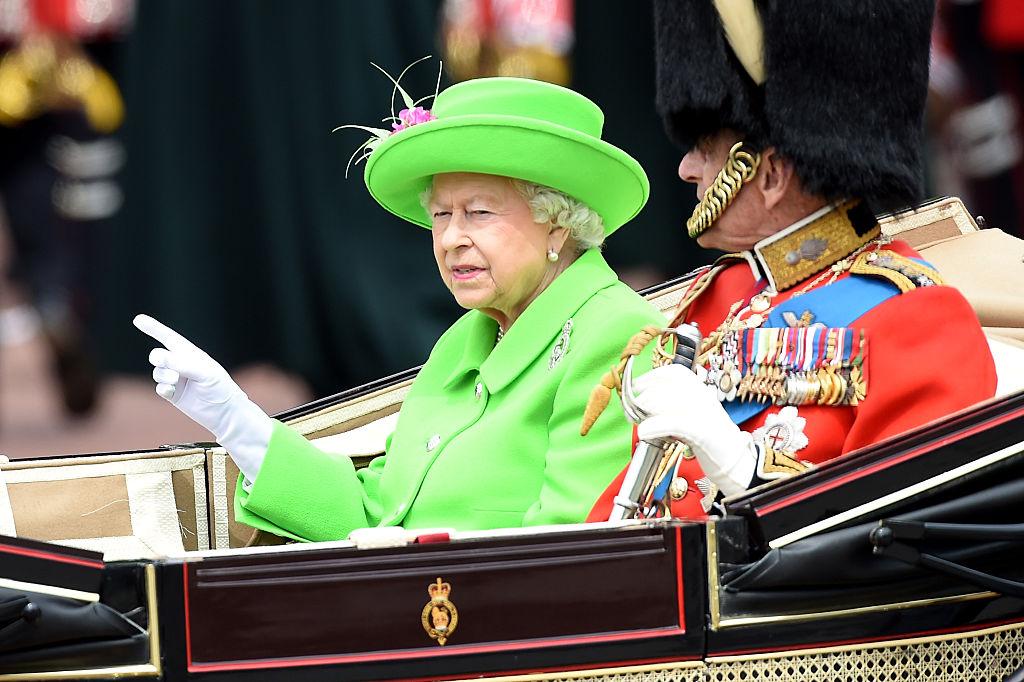Our next referendum should be on the future of the monarchy
In the 21st century, are we seriously content with our head of state being elected by the fluke of birthright, rather than by noble universal suffrage?

I invite you to just imagine, if you will, a scenario in which British law making is the play-thing of an unelected, undemocratic cult. A place where British sentiment is held prisoner by a fraudulent antiquity. Calamitous issues, such as whether the country goes to war be-come the subjects of unaccountable caprice and whim.
I’m not talking about the EU. This is the cult of Windsor; our inherited regal ‘Mum’.
Do we not claim to be a bugler of the free world? Are we not supposed to recoil at the sick-ening sight of servile worship for other human beings? Evidently not, for much of Britain still departs with respectable constraint at the utterance of “monarchy” or “royalty”.

An unabashed pride in an institution inherited by pure luck of the gene pool persists in modern Britain. Unlike the EU, the Crown’s hold on the British is emotional and senti-mental as well as material. We are subjects, not citizens.
A popular defence of our feudal monarchy is that it has “no real power” and that its position is only “ceremonial”. The royalists then extoll the virtues of monarchy, talking it up as a force for “national unity” and “identity” – all of those, of course, being forces that only a person in power could command.
Her Majesty’s ministers may make a number of very significant moves by means of Royal Prerogative without consulting the commons or the public – including the declaration of war, recognising foreign governments, granting pardons, establishing commissions, and signing and ratifying treaties. And that’s not an exhaustive list. It is a falsehood in the ser-vice of royal deference to say that the monarchy has “no real power”.
But surely the Royals never interfere with governance or the democratic process? In fact, they have done so on a number of occasions, and they’ve never been licensed by our vote to do so. Whitehall papers have shown that at least 39 bills have been subject to the senior Royals’ approval. According to reports, these secretive papers are littered with examples where Royal approval has been necessary to legitimise policies, and even for amendments to be made to our laws.
Meanwhile, the Royal veto has bestowed the Queen with the power to make decisions on the deployment of British power overseas, haunting foreign peoples with the ghost of the Elizabethan nuisance. In 1999, for example, the Orb and Sceptre blocked the Military Ac-tions Against Iraq Bill, which aimed to transfer the power to authorise military strike against Iraq from the monarch to Parliament.

According to reports, the Queen has also exercised her inherited veto over other areas including as higher education, child maintenance and paternity pay. Not exactly a ceremonial role
Prince Charles, protected by the cloak of unaccountability, has also intervened in govern-ance, perhaps even more than the Queen. Between 2010 and 2013, Prince Charles held pri-vate meetings with senior cabinet ministers 36 times. In the same period, he had met with Prime Minister David Cameron seven times.
Labour MP Paul Flynn, who campaigns for greater transparency royal lobbying, has said that “no lobbyist is more influential than Prince Charles.” So what was discussed in these meetings? Unfortunately, after partaking in the archaic ritual of kissing the Queen’s hand, known as ‘The Privy Council Oath,’ our senior politicians are sworn to secrecy on their communication with the royals.
We need to ask ourselves if we are seriously content, in the 21st century, with our head of state being elected by the fluke of birthright rather than by noble universal suffrage? I know I’m not.
Polling demonstrates that somewhere between 15 and 20 per cent of the British public would rightly bid for a democratically-elected alternative.
We should call for the admirable option of a written constitution, which works to keep the law in check, making us all citizens rather than subjects. I opt for the emulation of histories honourable democratic struggles, rather than continued prostration to the feigned magic and mysticism of monarchy. The next referendum should be over the monarchy – and the public may finally agree that it’s time to go.
Join our commenting forum
Join thought-provoking conversations, follow other Independent readers and see their replies
Comments
Bookmark popover
Removed from bookmarks